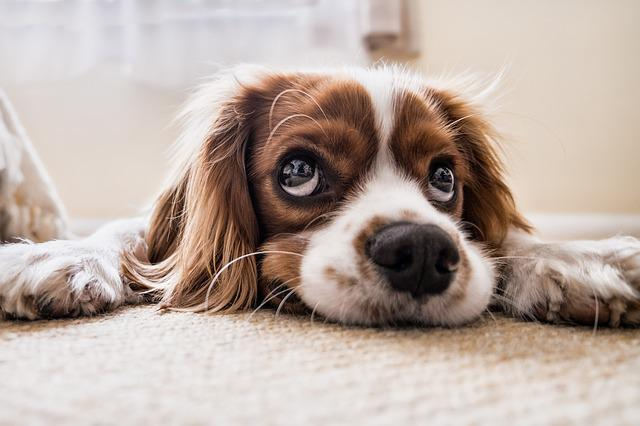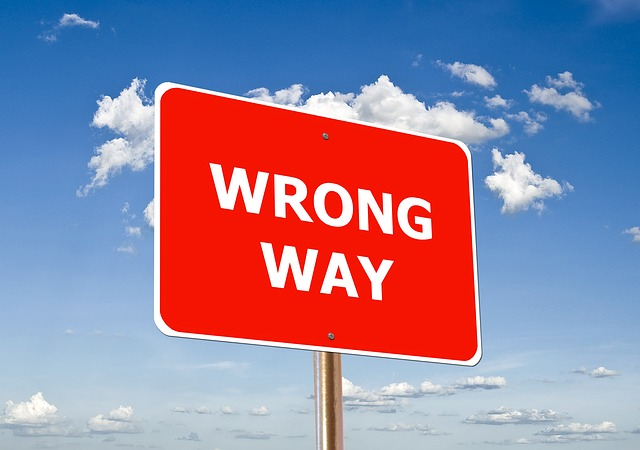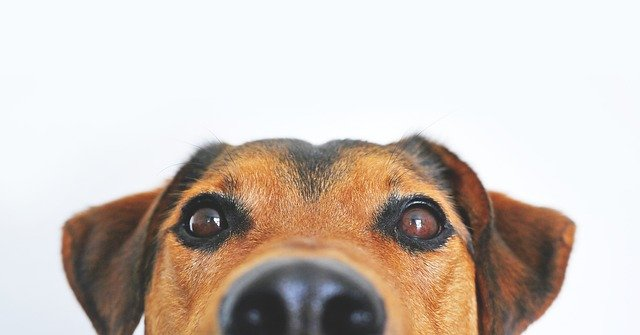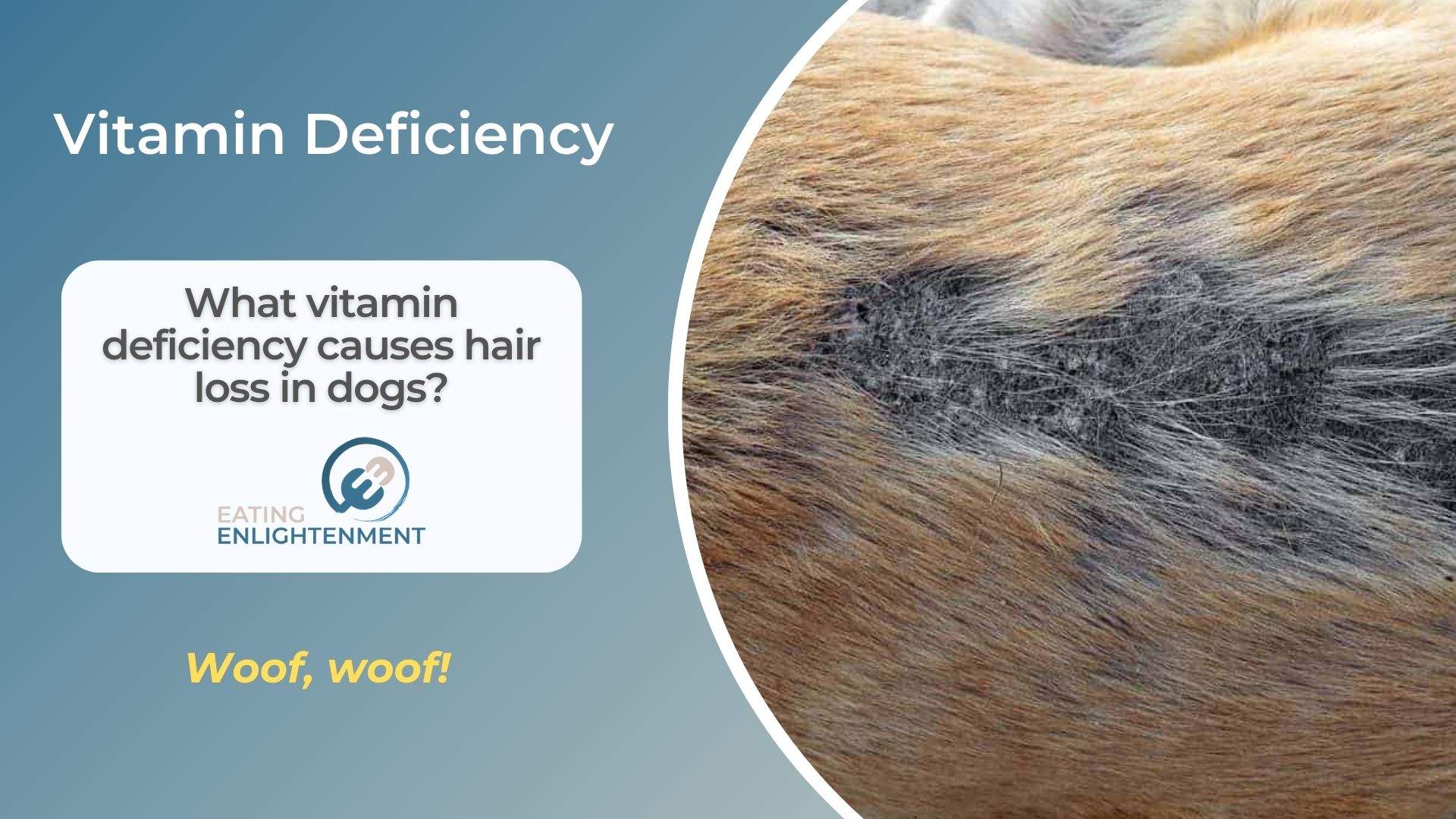Do you know what vitamin deficiency causes hair loss in dogs? Dogs can lose their hair for a variety of reasons, including hormonal imbalances, parasites, allergies, and poor nutrition.
If your dog is losing his hair, it’s important to take him to the veterinarian to determine the cause and get treatment.
In this blog post, we will discuss the most common causes of dog hair loss and how you can prevent it from happening.
What causes hair loss in dogs?

There are many different causes of hair loss in dogs. The most common include:
- Hormonal imbalances
- Parasites
- Allergies
- Poor nutrition
- Genetics
Hormonal imbalances are the most common cause of hair loss in dogs.
It can be caused by a variety of conditions, including hypothyroidism, Cushing’s disease, and Addison’s disease.
Symptoms of hormonal imbalances include hair loss, weight gain or loss, excessive thirst or hunger, and changes in energy level. But it varies in different dogs.
Does my dog has vitamin deficiencies?

One of the most common vitamin deficiencies that can cause hair loss in dogs is a lack of biotin. Biotin is a water soluble vitamin that helps to keep the skin and coat healthy.
Symptoms of biotin deficiency include dry skin, dull coat, and hair loss. If you suspect your dog may be deficient in biotin, your veterinarian can perform a blood test to confirm.
Treatment for biotin deficiency is typically oral supplementation with biotin or a multivitamin that contains biotin.
Your dog should start to see an improvement in his skin and coat within a few weeks of starting treatment.
If your dog is not deficient in biotin, there are other vitamin deficiencies that can cause hair loss.
The good news is that you can get some great deals on a range of vitamins and supplements for your dog when you visit PetLab.
4 Best Supplements for German Shepherds and Dogs
Vitamin A
It’s another vitamin that is essential for healthy skin and coat in the dogs. Vitamin A can be found in liver, egg yolks, and carrots.
If your dog is not getting enough vitamin A in his diet, he may develop a deficiency. Symptoms of vitamin A deficiency include dry skin, hair loss, and weight loss.
Vitamin B12
Symptoms of vitamin B12 deficiency include anemia, weakness, and hair loss. Your veterinarian can perform a blood test to confirm a vitamin B12 deficiency and prescribe oral supplements or injections to treat the deficiency.
B12 supplements can be given orally or by injection. If your dog is deficient in B12, he will likely need to take supplements for the rest of his life. But again, it varies.
Foods contain vitamin B12
Vitamin B12 is found in animal sources of protein, such as beef, chicken, fish, and eggs.
If your dog is not getting enough vitamin B12 in his diet, he may develop a deficiency. Symptoms of vitamin B12 deficiency include anemia, weakness, and hair loss.
Your veterinarian can perform a blood test to confirm a vitamin B12 deficiency and prescribe oral supplements or injections to treat the deficiency.
Can changing dog food cause hair loss?

If your dog is suddenly losing hair, it could be due to a food allergy or intolerance. Common allergens include beef, chicken, wheat, corn, and soy.
When switching your dog’s food, always do so slowly over the course of a week to give his digestive system time to adjust.
If you suspect your dog has a food allergy, talk to your veterinarian about performing an elimination diet.
An elimination diet is when your dog is fed a limited number of ingredients that he’s never had before.
If his symptoms improve on the elimination diet, then you can slowly start adding other ingredients back into his diet to determine which one is causing the allergy.
Once you’ve determined the allergen, you can either avoid that ingredient in your dog’s food or choose a food that is specifically formulated for dogs with allergies.
If your dog has a food intolerance, he may be able to eat small amounts of the offending ingredient without any problems. However, if his symptoms are severe, you may need to avoid the ingredient completely.
If you think your dog has a food allergy or intolerance, talk to your veterinarian about the best course of action.
There are many different causes of hair loss in dogs, but with some detective work, you should be able to determine the cause and get your dog the treatment he needs.
What does mange look like on dogs?
Mange is a skin condition caused by mites. Mite infestations can cause intense itching and hair loss.
There are two types of mange:
- Demodectic
- Sarcoptic
Mange in Dogs: What You Need to Know
Demodectic mange is more common and typically affects young dogs.
Sarcoptic mange is less common but more contagious and can affect dogs of any age.
If you think your dog has mange, take him to the veterinarian for a diagnosis. Treatment typically involves using medicated shampoos or dips and oral medications.
With treatment, most dogs recover within a few weeks. However, some dogs may require long-term treatment to keep the mange under control.
If you think your dog has mange, take him to the veterinarian for a diagnosis. Treatment typically involves using medicated shampoos or dips and oral medications.
With treatment, most dogs recover within a few weeks. However, some dogs may require long-term treatment to keep the mange under control.
How can dogs prevent hair loss?
There are a few things you can do to help prevent hair loss in your dog:
- Keep your dog’s coat clean and free of mats. Regular brushing will also help distribute the natural oils in your dog’s skin, which can help keep his coat healthy.
- Feed your dog a balanced diet. A healthy diet will help keep your dog’s skin and coat healthy.
- Avoid using harsh shampoos or dips on your dog’s skin. These can strip the natural oils from his skin and make him more susceptible to hair loss.
- Talk to your veterinarian about any medications your dog is taking. Some medications can cause hair loss as a side effect.
Does Melatonin help dog hair grow back?
Melatonin is a hormone that helps regulate the sleep-wake cycle. It’s available as a supplement and is often used to help people with insomnia sleep better.
There is some anecdotal evidence that melatonin may help dogs with hair loss, but there is no scientific evidence to support this claim.
If you’re considering giving your dog melatonin, talk to your veterinarian first. He can help you determine the correct dosage and monitor your dog for any side effects.
Is coconut oil good for dogs hair loss?
Coconut oil is a popular natural remedy for a variety of ailments in humans, and it’s also gaining popularity as a treatment for dogs.
There is some evidence that coconut oil can help improve the health of your dog’s skin and coat. It’s also thought to have anti-inflammatory properties, which may help reduce itching and irritation.
What is the best skin and coat supplement for dogs?
There are a variety of skin and coat supplements available for dogs. The best one for your dog will depend on the cause of his hair loss.
Talk to your veterinarian about what supplement would be best for your dog. He can help you choose a supplement that contains the right nutrients to help improve your dog’s skin and coat health.
With the right treatment, most dogs with hair loss will eventually grow their hair back. However, some dogs may always have some bald spots.
If you’re concerned about your dog’s hair loss, talk to your veterinarian. He can help you determine the cause and find the best treatment to help your dog regrow his hair.
Conclusion
There are many possible causes of hair loss in dogs, but the most common cause is vitamin deficiency. If you think your dog has a vitamin deficiency, talk to your veterinarian. He can help you diagnose the problem and find the best treatment to help your dog regrow his hair.
There are a few things you can do to help prevent hair loss in your dog, such as feeding him a balanced diet and avoiding harsh shampoos. You can also talk to your veterinarian about any medications your dog is taking, as some of them may cause hair loss as a side effect.
If you’re concerned about your dog’s hair loss, talk to your veterinarian. He can help you determine the cause and find the best treatment to help your dog regrow his hair.
Treatment for hair loss in dogs will vary depending on the underlying cause. In most cases, with proper treatment, your dog should eventually regrow his hair. However, some dogs may always have some bald spots.
If you have any concerns about your dog’s hair loss, talk to your veterinarian. He can help you determine the cause and find the best treatment to help your dog regrow his hair.



